The launch of Pokemon GO highlights various privacy, security, safety, and privilege concerns with how we use and access tech. While these concerns existed prior to Pokemon GO, and will continue to exist long afterwards, this provides an opportunity to highlight some concrete steps about how we can use technology more safely, and take control over data collected about us.
Featured Resource
This guidance applies to all schools and is for:
headteachers, teachers and education staff
governing bodies, proprietors and management committees
It sets out what schools and colleges must do to safeguard and promote the welfare of children and young people under the age of 18.
Swgfl have produced two useful documents for schools about filtering and monitoring in light of the DfE guidance. These can be found here
And a useful presentation indicating the relevant changes made to the guidance. This can be found here.
There is also a useful summary article by Becki Avery of Kent County Council which can be found here
Your guide to the social networks your kids use
Stay up to date and keep your child safe in today's digital world
More here
WIRED asked a field of password security experts for their favorite unexpected advice, the best practices that might save you the most headache in the long run. Here are seven tips and tricks to keep your digital locks secure.
No, don't make people change their password every month)
In September 2015 the National Police Chief Council released a statement on the procedure they have to take when a ‘sexting’ incident is reported to the police. As a result South West Grid for Learning and the UK Safer Internet Centre have updated their advice for schools when responding and managing a sexting incident into two infographics.
These are Katy Pott's and Penny Paterson's presentation slides from the Radicalisation & Extremism Event that took place 23rd November.
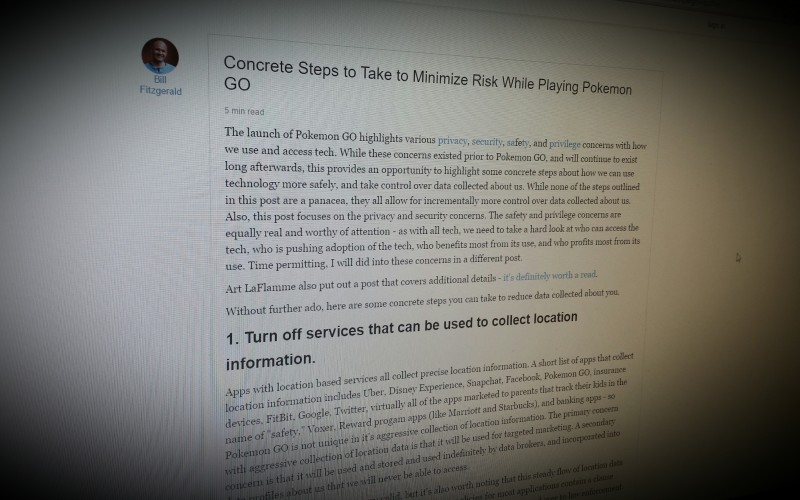
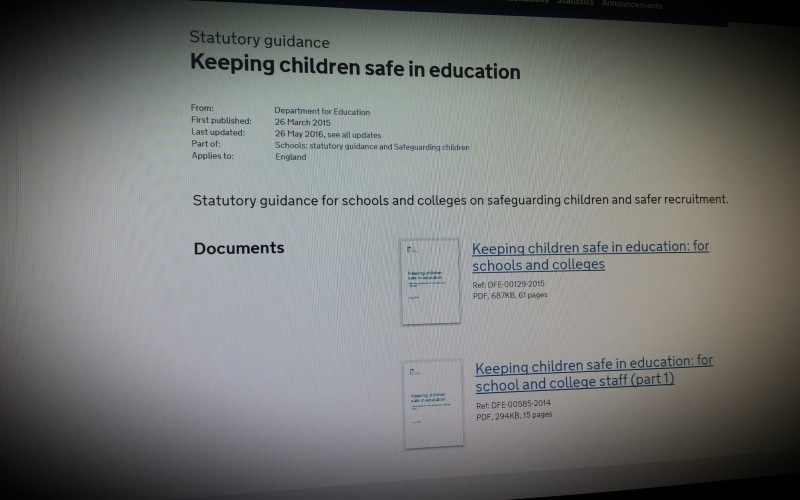
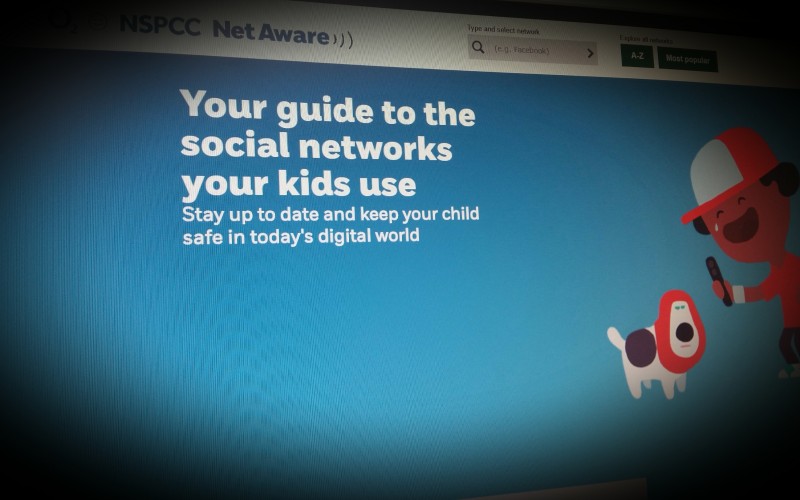
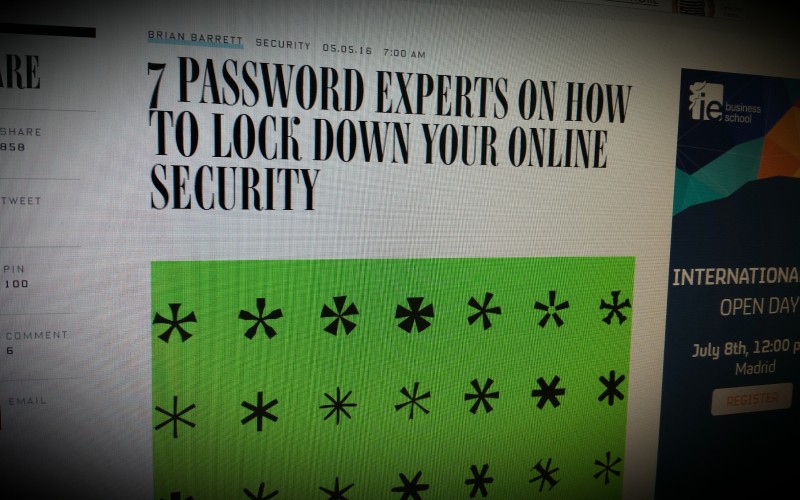
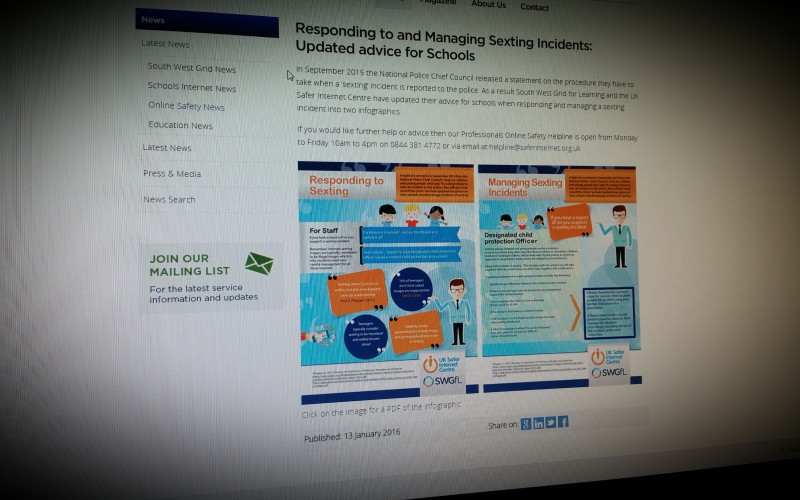

Comments
make a comment